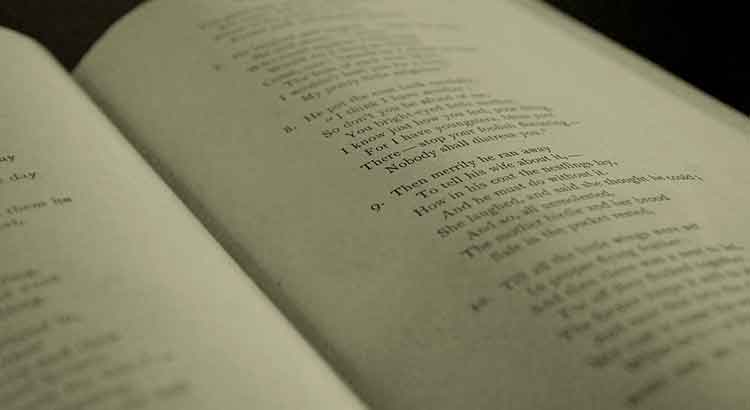Metrics and, especially, rhythmic regularity deliver an effect that is difficult to match through other expressive resources in poetry. They both seem to stroke and fulfill the demands of the brain as it concentrates on unraveling the meaning of the words and interpreting the syntactical variations of the verses. In regular poetry, small rhythmic variations, drawing attention to themselves, sometimes succeed in emphasizing words and enhancing the expressiveness of some passages in the poem; however, when the rhythmic pattern is ostensibly broken, the disturbance caused seems to divert the mind’s attention from what it should concentrate on—the effect, in short, is aesthetically unpleasant. The rhythm, once grasped, generates an expectation for its continuity—and it is difficult to satisfy the brain by denying what it seems to ask.
An Effect That Is Difficult to Match
